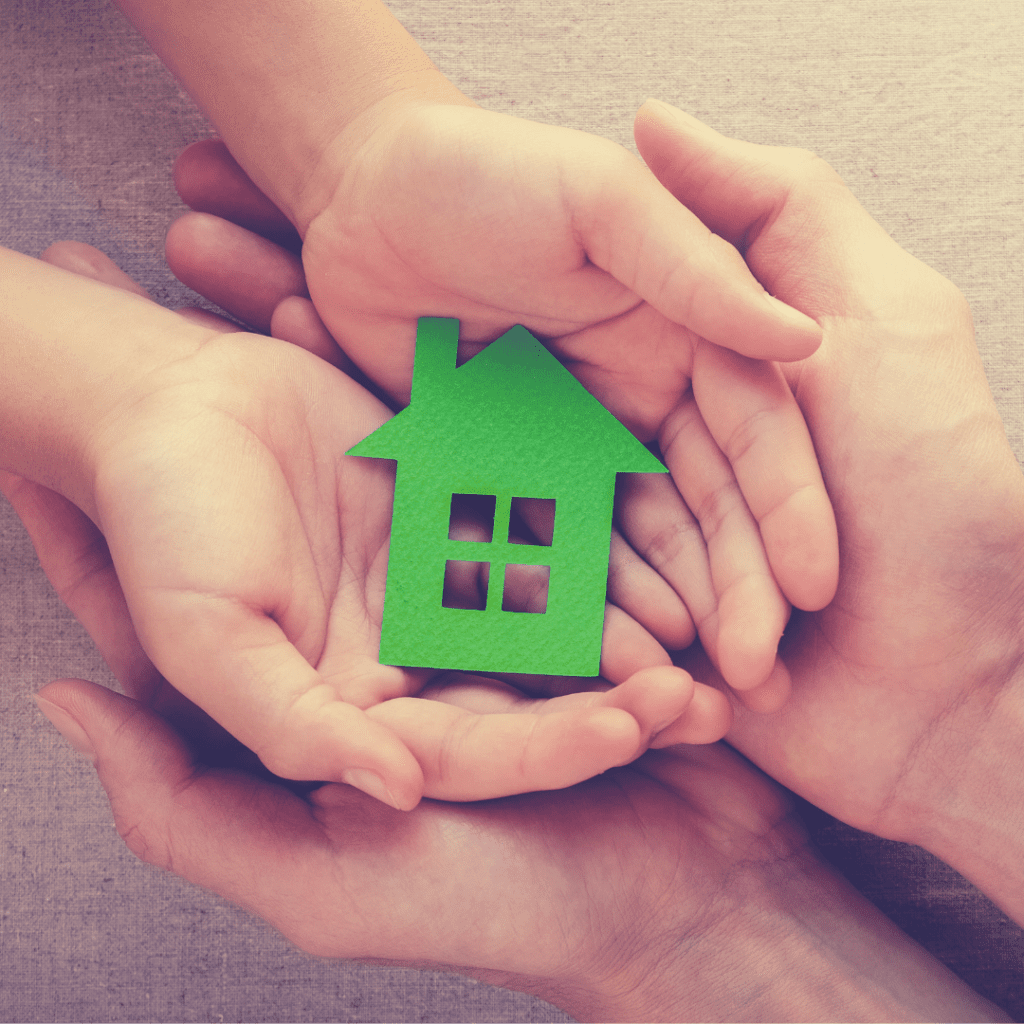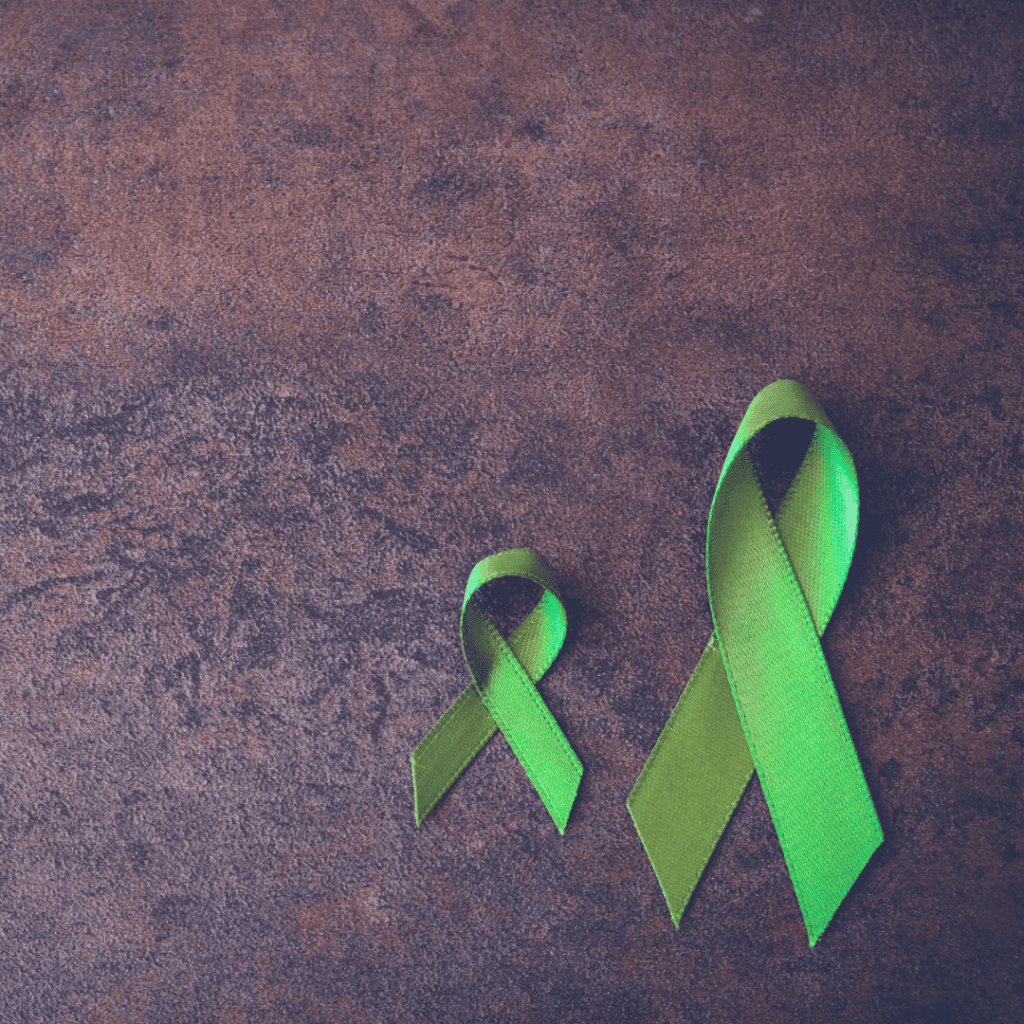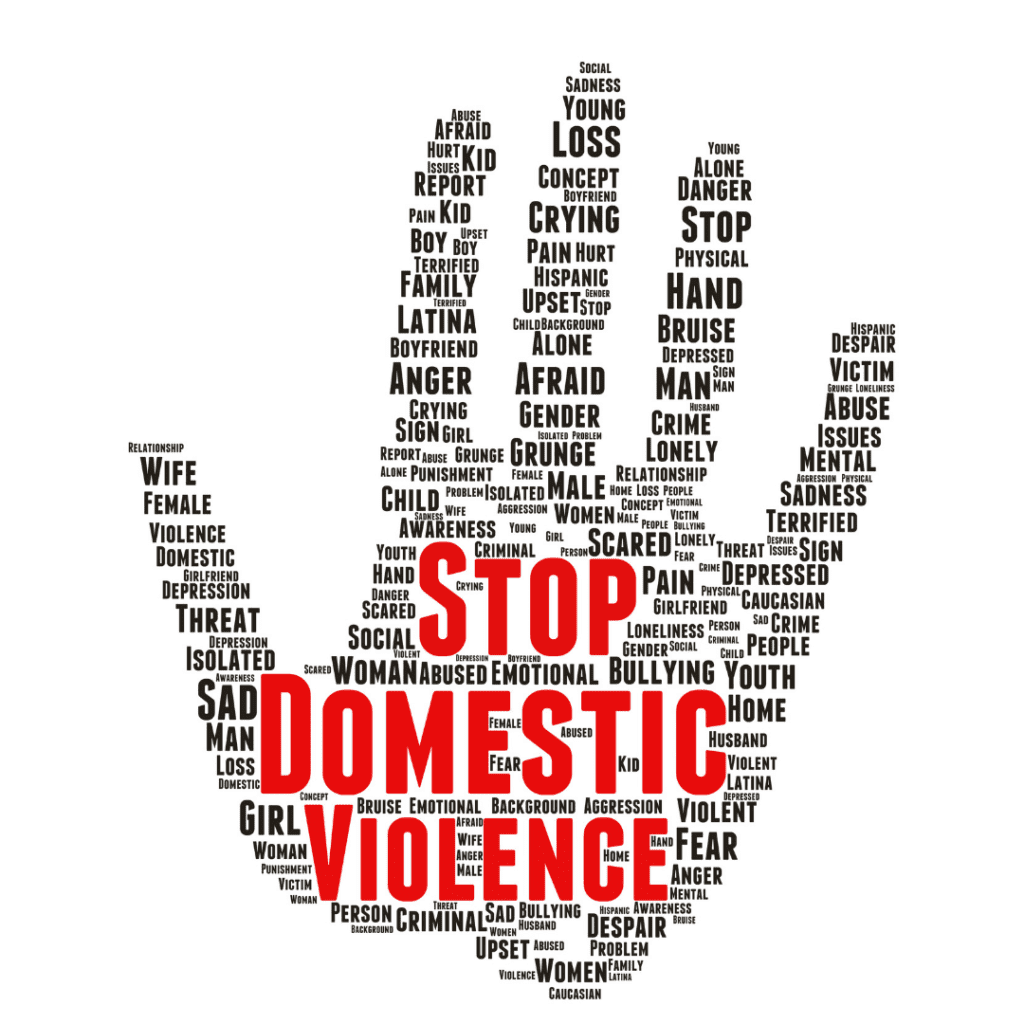Brain Injury & Homelessness:
Acquired Brain Injury (ABI) is the number one killer and disabler for Canadians under 40. Common ABI symptoms – memory loss, chronic pain and fatigue, mental health issues, loss of inhibition, communication issues, decreased problem-solving skills and impulsivity – increase a person’s risk of becoming homeless.
#areyouaware
- 45% of homeless men have experienced a brain injury, and 87% of those injuries occurred before the individual became homeless (St Michael’s Hospital).
- A Toronto Study found that 58% of homeless men and 42% of homeless women in Toronto have a brain injury, and the average age of first brain injury was 17 years old.
- This population is at risk for experiencing seizures, mental health problems and poorer physical health.
Living with brain injury and being homeless harms a person’s wellbeing, and as such this population is:
- 5 times more likely to have visited an emergency room in the past year
- Twice as likely to have been arrested in the previous year
- Three times as likely to have been victim of a physical assault in the past year







